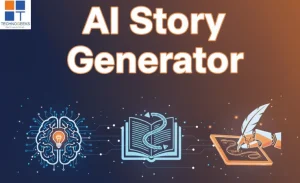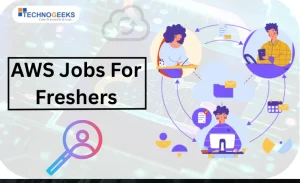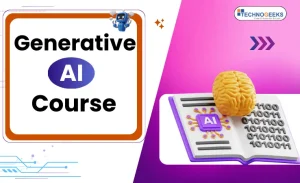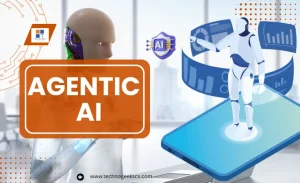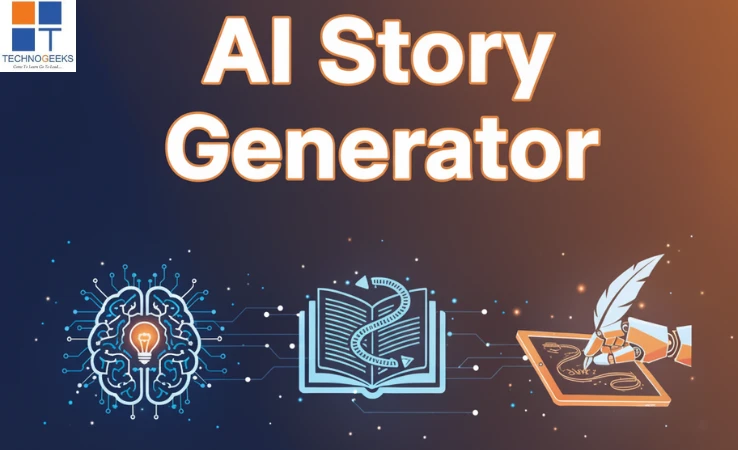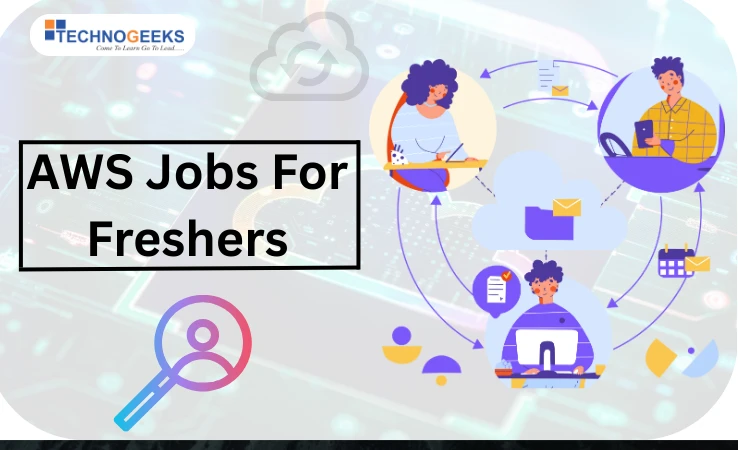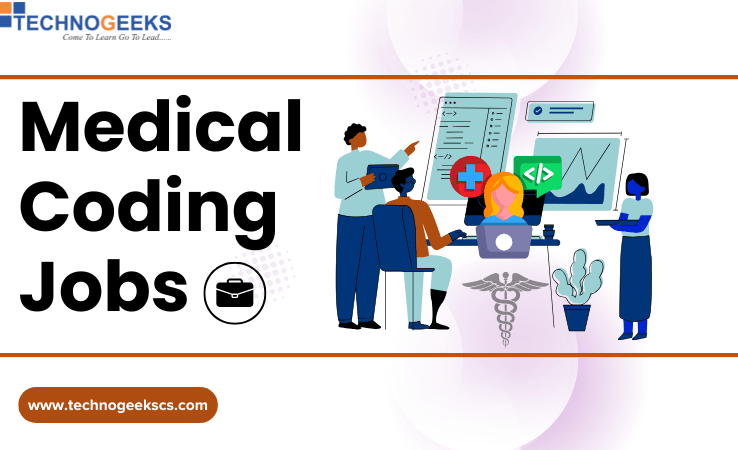Table of Contents
ToggleDevOps is a fast expanding discipline, and qualified DevOps engineers are in great demand. As more firms implement DevOps principles, the demand for DevOps engineers will only grow.
With each year passing by, the demand for DevOps engineers in India is increasing at a pace of 20%, according to Indeed.com. This growth rate surpasses the global average of 15%. These statistics highlight the increasing recognition of the importance of DevOps in the industry.
You should learn these important DevOps Engineer Skills if you want to work in the field of DevOps. This blog post will teach you the basic skills you need to start working as a DevOps engineer.
Let’s First Understand What Is DevOps Engineer?
What Is DevOps Engineer?
A DevOps Engineer is an IT professional who is knowledgeable about both software development & IT operations.
Their job is to connect the teams that make software (development teams) with the teams that run and support software systems (operations teams).
As a DevOps Engineer, your main and important responsibility is to use tools to automate tasks and work with others to make sure that software is delivered, deployed, and maintained in a smooth and efficient way.
Basically, Their main motive is to boost software systems productivity, scalability, stability, and security. They also promote a culture of collaboration and continuous improvement.
If you have a strong technical background and enjoy working with development & operations (i.e. devs + ops = DevOps) teams, a career as a DevOps engineer might be a good match for you.
Also Read: What Is Docker In DevOps
Technical Skills Required For DevOps Engineer

1) Knowledge Of Linux & Scripting Language
DevOps engineers must have knowledge of Linux operating systems because it is the most commonly used operating system in the DevOps field.
They should know how to use popular Linux commands and tools. Also, Proficiency in scripting languages like Python, Bash, PowerShell, or JavaScript is important for writing automation scripts, developing tools, and integrating systems.
Explore Technogeeks Best Programming Courses In Pune
| Python Programming | Core Java | Advanced Java |
| SQL Programming | JavaScript Programming | C Programming |
2) Continuous Integration and Deployment (CI/CD)
CI / CD is a set of practices that automate the building, testing, and deployment of software. It is an important part of DevOps. It’s a mindset aimed at improving the speed, quality, and reliability of software delivery through cultural and organizational changes.
CI / CD helps to ensure that changes to software are made in a consistent and reliable way. It also helps in identifying & resolving bugs early in the development process, before they are released to production.
CI/CD speeds up software release by automating building, testing, and deployment processes.
3) Knowledge of Development and Operations
DevOps is all about bringing development and operations teams together. As a DevOps engineer, one needs to know about both software development and IT operations. Learn about popular programming languages, version control systems, and development frameworks. Additionally, learn about infrastructure management, networking, and system administration to comprehend the operational side.
4) Knowledge of Cloud Computing
As businesses increasingly migrate their infrastructure to the cloud, DevOps engineers need to be familiar with cloud technologies.
It is important to understand popular cloud platforms such as –
This knowledge is important for deploying and managing applications in cloud environments, utilizing features like virtual machines (VPC-Virtual Private Cloud), containers, storage (EBS-Elastic Block Storage), and databases.
5) Automation
As we discuss earlier in this blog Automation is an important part of DevOps because it speeds up and simplifies processes throughout the software development lifecycle (SDLC).
It involves using tools, scripts, and workflows to automate repetitive and manual tasks, reducing human error and increasing efficiency.
Automation enables continuous integration and deployment (CI/CD), where code changes are automatically built, tested, and deployed to production environments. It also facilitates infrastructure as code (IaC) , allowing the provisioning and management of infrastructure through programmable configurations.
Configuration management is another way where automation really works, ensuring consistent and reliable system configurations.
DevOps teams can gain faster, more reliable software delivery and more overall productivity by automating these activities.
6) Testing
Software Testing is an important part of DevOps. It ensured that the software maintained high quality and met the requirements of users. In DevOps, testing is often automated, which allows for faster and more efficient testing.
Testing helps find bugs, security holes, and speed problems so they can be fixed quickly.
When teams include testing in the DevOps process, they can make sure that the software stays stable, secure, and fully useful.
So basically, this method delivers a better product to end users, which boosts their trust in its quality.
7) Monitoring and Logging
Understanding of monitoring tools like Prometheus, Nagios, or Datadog to track application performance, collect metrics, and detect issues. Familiarity with logging tools like ELK stack (Elasticsearch, Logstash, and Kibana) or Splunk for log analysis and troubleshooting.
Soft Skills Required For DevOps Engineer

1) Collaboration and Teamwork:
DevOps engineers work closely with developers, management teams, and other important people in the company.
To create an atmosphere where people can work together and reach common goals, you need to have strong collaboration and teamwork skills.
2) Communication
In DevOps, communication must be clear and efficient. DevOps engineers need to be able to explain technical ideas to team members who aren’t experts in them, as well as listen carefully and give helpful comments.
Do you find it challenging to speak confidently in English?
Let Technogeeks help you out with our spoken English course.
Enroll now and overcome your fear of English! 👇
https://technogeekscs.com/courses/spoken-english-classes-in-pune
3) Problem-Solving and Troubleshooting
DevOps engineers need to be good at solving problems and troubleshooting issues. DevOps engineers must think critically, analyze complex systems, and come up with creative solutions.
4) Analytical Thinking
DevOps engineers work in the following flow.
- Analyze data, metrics, and logs to gain insights into system performance
- identify bottlenecks
- make informed decisions
Strong analytical skills help them identify patterns, trends, and opportunities for optimization.
Also Read: Scope Of Analytics in 2026
5) Customer Focus
DevOps engineers should understand the needs and expectations of end-users and prioritize delivering value to customers. A customer-centric mindset helps them make decisions that align with business objectives and enhance user experience.
How can you improve your Skills as a DevOps engineer?
1) Continuous Learning
Stay updated with the latest trends, tools, and technologies in the DevOps field.
- Read books, blogs, and technical articles
- attend webinars
- participate in relevant online communities to expand your knowledge
2) Hands-On Experience
Practice by working on real-world projects or setting up personal projects that involve implementing DevOps principles and utilizing various tools. This hands-on experience will enhance your understanding & allow you to apply theoretical knowledge in practical scenarios.
3) Join DevOps Communities
You have to join important social media groups, post on forums, go to meetups or conferences, and interact with the DevOps community.
By networking with people who work in the same field as you, you’ll find new ideas, best practices, and chances to work together and learn.
4) Seek Mentorship
Find an experienced DevOps mentor who can guide you, share expertise, and help you overcome career challenges.
Gaining training with a professional mentor can help you learn faster and advance in your career.
5) Certifications
Pursue relevant certifications in DevOps, such as AWS Certified DevOps Engineer, Microsoft Certified: Azure DevOps Engineer, or Kubernetes Certified Administrator. These DevOps certifications validate your DevOps engineer skills and knowledge, and they can enhance your credibility in the job market.
6) Contribute to Open Source Projects
Here are some benefits of contributing to open-source projects:
- Collaborate with experienced developers
- Gain practical experience in a real-world environment
- Learn from the expertise of others
- Enhance your skills and knowledge
- Build a professional network
- Contribute to the growth and improvement of DevOps tools and technologies
7) Collaboration across different teams
Seek opportunities to collaborate with different teams within your organizations. It can help you understand their viewpoints, learn from their expertise, and build strong cross-functional relationships.
8) Attend Workshops and Professional Training Courses
Attend workshops, seminars, and Professional training courses focused on DevOps practices and tools. These courses often provide hands-on exercises, real-world case studies, Assignments, Mock interview preparation and interaction with industry experts.
If you are interested in learning DevOps, Checkout Our DevOps With AWS Course In Pune
Visit our website today and start your journey to becoming a DevOps engineer!
Conclusion
In Conclusion, Becoming a successful DevOps engineer requires a combination of technical skills, domain knowledge, and soft skills. I hope this blog helps you to know more about DevOps Engineer Skills, keep in mind that the DevOps field is constantly evolving. Stay curious, keep learning, and explore new tools and technologies to enhance your DevOps expertise!!
Keep Learning, Keep Growing!!!




